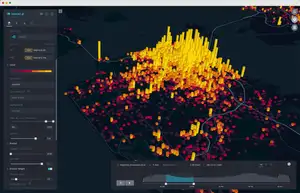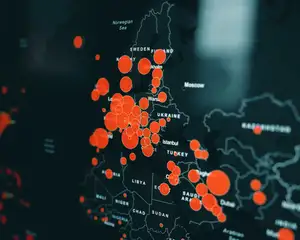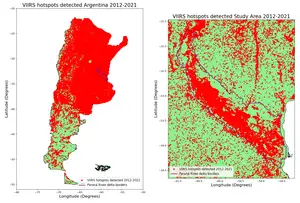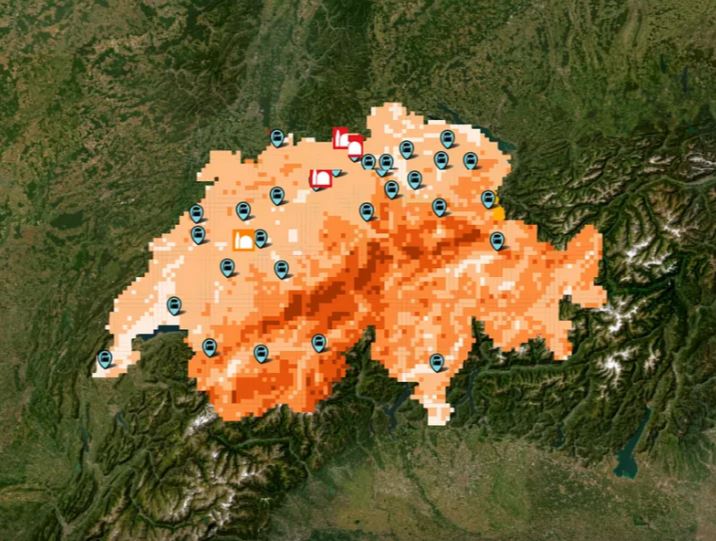
Location Health: A tool to check the environmental health score of any location

Millions of people every year die due to pollution. Just air pollution is attributed to causing more than 7 million premature deaths every year according to WHO. So it is not a surprise that people have started to take environmental conditions seriously.
As the world becomes increasingly aware of the impact of human activities on the environment, there is a growing demand for tools that can help to make informed decisions because it makes sense to take into account the environmental conditions of a location before deciding to move to or even visit any new place or property.
The First Version
To cater to this need, Alex Schmid had the brilliant idea to create a tool that does just that and so he contacted us at Periegesis to make it happen and we built Location Health. Initially, we started for Switzerland with our first version in which we loaded just the data for Switzerland which users could inspect visually. That version can still be accessed at this link.

The Next Version
This version depended upon visual inspection and was only limited to Switzerland. So in the next version, we increased the scope to all of Europe and ingested the data into the backend, and created an algorithm to create a score of any place. It is very easy to use now as all you need to do is search for an address and you get a score. You can expand the details to see the breakdown of the scores as well.
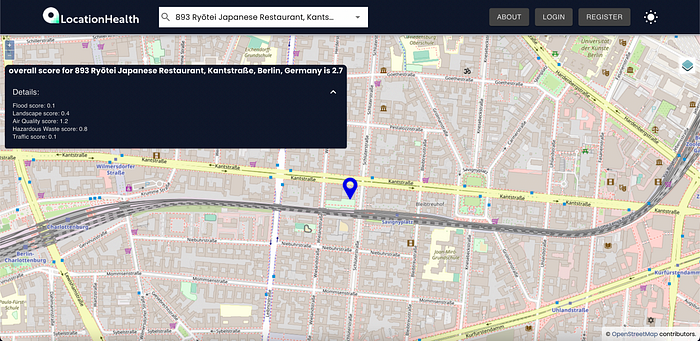
The algorithm takes into account different datasets and creates scores for historical flood patterns, landscape, Air Quality, hazardous waste, and traffic noise. Then it creates an overall weighted score out of 4 with a score of 4 representing the most suitable place to live and 0 representing the least suitable place.
What do the scores mean?
Here is a detailed breakdown of the scores:
- Scores between 3.1–4: represent a highly suitable land region that has no significant limitation or only has a minor limitation to sustain a given land utilization type without significant harm to human health.
- Scores between 2.1–3: represent moderately suitable land regions that have limitations that in the aggregate are moderately severe for sustained application of the given land utilization type. The limitations may harm human health and habitation, although they can still be attractive.
- Scores between 1.1–2: represent marginally suitable land regions that have limitations which in the aggregate are severe for sustained application of the given land utilization type and will harm human health and any expenditure will only be marginally justified.
- Scores between 0–1: represent not suitable regions and will severely harm human health.
Why use location health?
Using Location Health can be beneficial in several ways. First, it can help individuals and businesses to make more informed decisions about where to live, work, or invest. For example, if someone is considering purchasing a home or opening a business in a particular area, they can use Location Health to evaluate the environmental health of that location.
Second, Location Health can help to raise awareness about the impact of human activities on the environment. By providing an easy-to-understand rating system, individuals and businesses can gain a better understanding of the environmental impact of their daily activities and make changes to reduce their environmental footprint.
Finally, Location Health can be a valuable tool for policymakers and city planners. By providing accurate and up-to-date information about the environmental health of different areas, policymakers can make more informed decisions about land use, zoning, and other environmental policies.
In conclusion, Location Health is a powerful tool that can provide valuable information about the environmental health of any given address. By using this tool, individuals and businesses can make more informed decisions about where to live, work, or invest, and policymakers can make more informed decisions about environmental policies. As the world continues to grapple with the challenges of climate change and environmental degradation, tools like Location Health will become increasingly important in helping us to build a more sustainable future.
Collaborate with us
If you have any ideas about how to make it better or if you want to report any bugs or want to talk more about any possible collaborations, feel free to reach out to me or Alex Schmid on Linkedin.
Article originally posted on Here.



